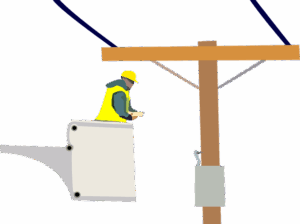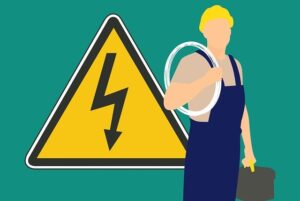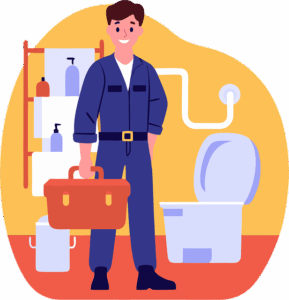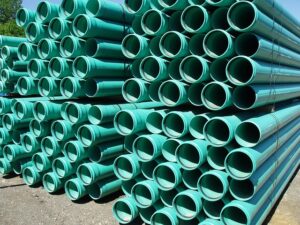Optimizing HVAC Efficiency: Replacing Filters for Peak System Performance
Regular HVAC filter replacement is crucial for maintaining your system's efficiency and preventing costly repairs. Dirty filters can restrict airflow, leading to decreased performance and higher energy bills. To ensure optimal indoor air quality and system longevity, ho…….
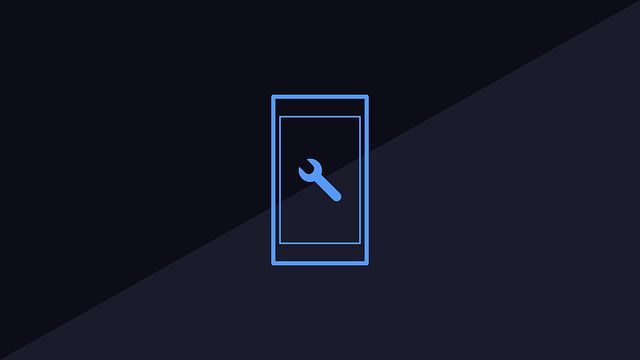
Regular HVAC filter replacement is crucial for maintaining your system's efficiency and preventing costly repairs. Dirty filters can restrict airflow, leading to decreased performance and higher energy bills. To ensure optimal indoor air quality and system longevity, homeowners should inspect and replace filters according to the MERV rating, which guides how often they need to be changed based on environmental factors. Monitoring for signs of reduced airflow or increased energy usage indicates when maintenance is needed. By establishing a proactive maintenance routine, you can save money on repairs, extend your HVAC system's lifespan, and enjoy a consistently comfortable and healthy home environment. Remember that timely maintenance and filter replacements are key to avoiding the need for extensive HVAC repair services.
Maintaining your HVAC system in peak condition is essential for year-round comfort and energy efficiency. A key factor in this upkeep is the regular replacement of worn filters, a task that can significantly enhance system performance and longevity. This comprehensive guide delves into the critical role of HVAC filters, offering insights on their function, the signs they give when replacement is due, and the step-by-step process for ensuring optimal airflow and system efficiency. From understanding the importance of filter maintenance to learning about professional HVAC repair services that can assist with this task, readers will gain valuable knowledge to prolong their system’s lifespan and ensure it operates at maximum capacity. Additionally, we explore the benefits of upgrading to high-efficiency filters and provide tips for maintaining clean air filters throughout the seasons, particularly during extreme weather changes. With a focus on practical advice and best practices, this article empowers homeowners and HVAC professionals alike to keep their systems running smoothly and efficiently.
- Understanding HVAC Filters and Their Role in System Performance
- Identifying When It's Time to Replace Your HVAC Filter
Understanding HVAC Filters and Their Role in System Performance

The efficiency of a heating, ventilation, and air conditioning (HVAC) system hinges on the health of its filters. These filters are integral to maintaining indoor air quality and ensuring optimal system performance. HVAC filters act as the first line of defense against contaminants such as dust, pollen, pet dander, and other airborne particles. By trapping these particulates, they prevent them from circulating throughout your home or business, which is crucial for both the system’s longevity and the health of its occupants. Regular inspection and replacement of HVAC filters are pivotal in maintaining peak performance and efficiency. A clogged or dirty filter can restrict airflow, leading to a decrease in the system’s effectiveness and potentially causing it to work harder and less efficiently—a scenario that often requires HVAC repair services. This not only strains the system but also drives up energy consumption and costs, which is where understanding the role of these filters becomes paramount for property owners. Proactive maintenance, including timely filter replacements as part of an HVAC maintenance schedule, can mitigate such issues, ensuring that your HVAC system operates reliably and efficiently throughout its lifespan.
Identifying When It's Time to Replace Your HVAC Filter

When it comes to maintaining your home’s heating, ventilation, and air conditioning (HVAC) system, one of the most critical tasks is replacing the air filter regularly. A clogged or dirty HVAC filter can impede airflow, leading to reduced efficiency and increased energy consumption. To determine the right time to swap out your filter, monitor the following indicators. Firstly, visible dirt accumulation on the filter itself is a clear sign that it’s time for a replacement. The filter’s MERV (Minimum Efficiency Reporting Value) rating will guide you on how often this should occur, typically ranging from every month to every twelve months depending on the filter type and your local climate. Secondly, notice any changes in your HVAC system’s performance. If you observe unusual noises coming from the unit, higher energy bills than usual, or a decrease in air quality within your home, these can be symptomatic of a dirty filter that needs to be replaced promptly. Regular maintenance, including timely HVAC repair services, is essential for optimal system performance and longevity, ensuring that you and your family enjoy a comfortable and healthy living environment.
maintaining optimal HVAC system performance is a cornerstone of home comfort and energy efficiency. Regularly replacing worn filters, as detailed in this article on understanding HVAC filters’ role and identifying the right time for replacement, is pivotal for upkeep. By incorporating timely HVAC repair and maintenance practices, homeowners can ensure their systems operate at peak performance, thereby enhancing indoor air quality and potentially reducing energy consumption. Implementing these simple yet effective measures can significantly extend the lifespan of HVAC units and provide consistent, reliable comfort throughout the year.



